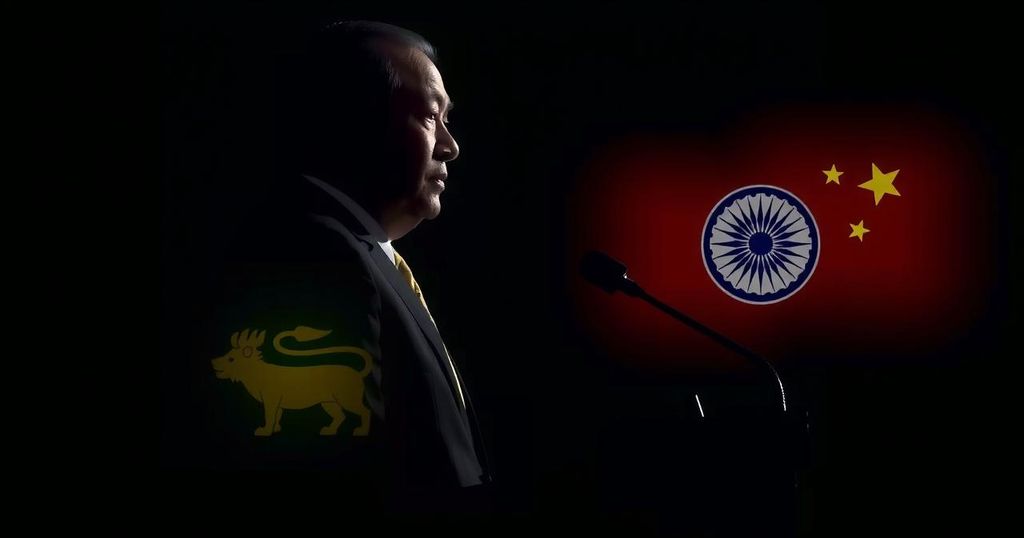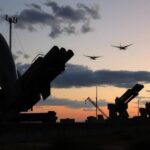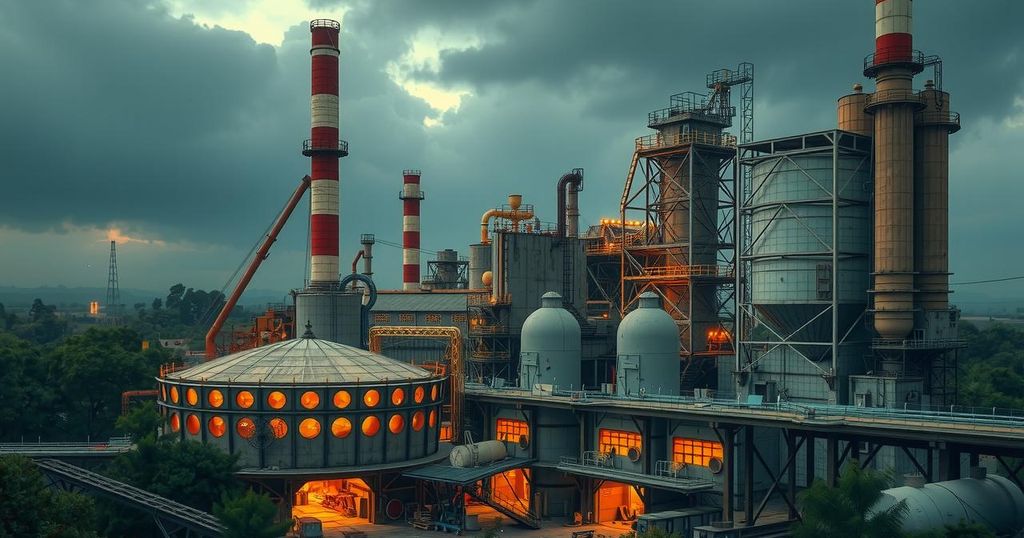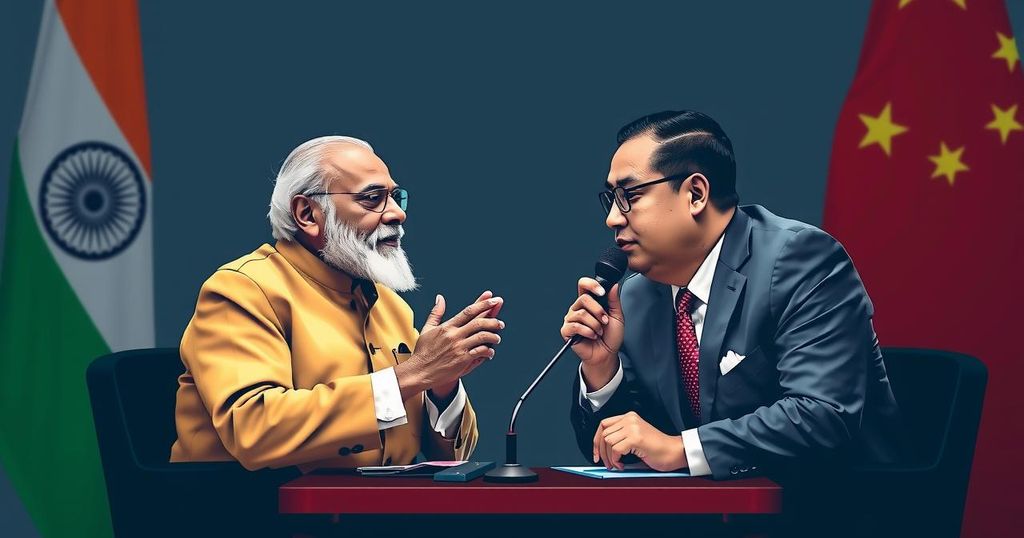Sri Lanka’s New President Advocates for Non-Aligned Foreign Policy Amidst Economic Crisis
Anura Kumara Dissanayake has been elected as the new President of Sri Lanka, succeeding Ranil Wickremesinghe. He intends to adopt a non-aligned foreign policy to avoid being caught between China and India, building balanced relations with both countries while expanding ties with other regions. Dissanayake’s government aims to tackle the nation’s economic crisis and implement reforms to restore stability following years of economic downturn. He garnered significant popular support in the election, reflecting a potential shift in Sri Lanka’s political dynamics.
Anura Kumara Dissanayake was formally announced as Sri Lanka’s new president on Sunday, replacing Ranil Wickremesinghe. In his inaugural statements, President Dissanayake articulated a clear and assertive foreign policy vision that emphasizes the need for Sri Lanka to avoid being caught in the geopolitical web between major powers, particularly China and India. He expressed a desire for the nation to forge balanced and cooperative relations with these neighboring countries, without succumbing to pressure to align with any specific power bloc. In an interview with Monocle magazine, he stated, “We won’t be a competitor in that geopolitical fight, nor will we be aligned to any party. We don’t want to be sandwiched, especially between China and India. Both countries are valued friends and, under an NPP government, we expect them to become close partners. We also want to maintain relations with the EU, the Middle East and Africa.” This approach is intended to preserve Sri Lanka’s sovereignty amidst escalating regional tensions. The new president, representing the National People’s Power (NPP) party, underscored his commitment to non-alignment in international politics and indicated a focus on cultivating diplomatic relationships that yield mutual benefits. He stated that his administration will prioritize rebuilding Sri Lanka’s standing in the world while maintaining its independence from external rivalries. Domestically, President Dissanayake’s administration faces the formidable challenge of reviving an economy devastated by a prolonged crisis, which he described as a situation where “We are a bankrupt nation.” He highlighted the country’s substantial external debt of €34 billion, burgeoning poverty, and escalating cost of living as immediate concerns for his government. Dissanayake has also criticized prior administrations for perpetuating a neoliberal economic framework, pledging to implement reforms that would address the structural issues contributing to the nation’s struggles. Having gathered significant electoral support, with 1.27 million votes more than his nearest competitor Sajith Premadasa, Dissanayake’s leadership marks a significant shift in Sri Lankan politics. His administration has already garnered congratulations from neighboring nations, including India, Pakistan, and the Maldives, as well as from China, which has expressed its willingness to support Sri Lanka’s journey towards stability and development.
The recent election of Anura Kumara Dissanayake as President of Sri Lanka comes during a period of significant economic turmoil for the island nation. Sri Lanka is experiencing its worst economic crisis in over 70 years, characterized by high levels of external debt, poverty, and inflation. The transition in leadership represents a shift in political dynamics after years of governance largely dominated by established political families. Under Dissanayake’s leadership, there is an emphasis on forging a foreign policy that maintains Sri Lanka’s sovereignty while engaging positively with its powerful neighbors, China and India, and broadening ties with other regions. The NPP’s vision seeks to implement crucial reforms to restore economic stability and address the country’s pressing socio-economic challenges.
In conclusion, President Anura Kumara Dissanayake’s ascension to leadership reflects a decisive shift in Sri Lanka’s political landscape, marked by a commitment to non-alignment in foreign policy and a focus on significant economic reforms. His administration aims to cultivate balanced relationships with major powers while addressing the pressing economic crisis facing the nation. As Dissanayake emphasizes strategic partnerships without engaging in geopolitical rivalries, the future of Sri Lanka under his governance remains a pivotal point of interest in regional and international politics.
Original Source: www.hindustantimes.com








Post Comment